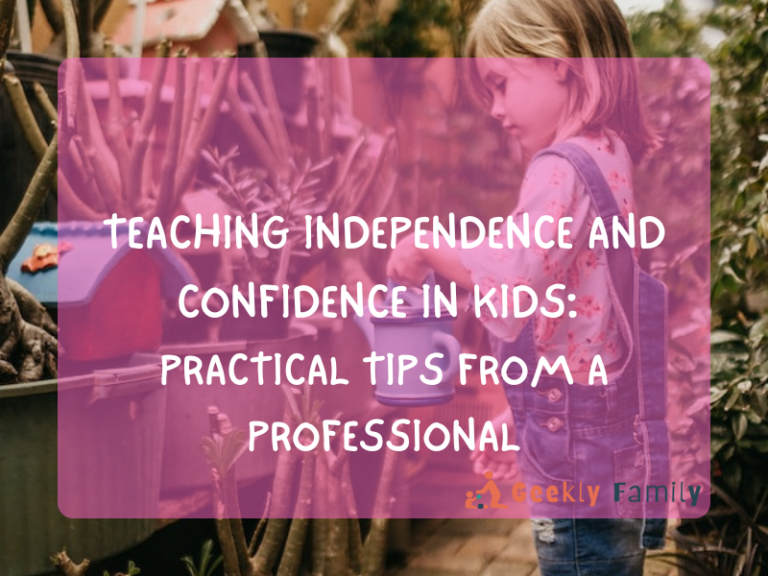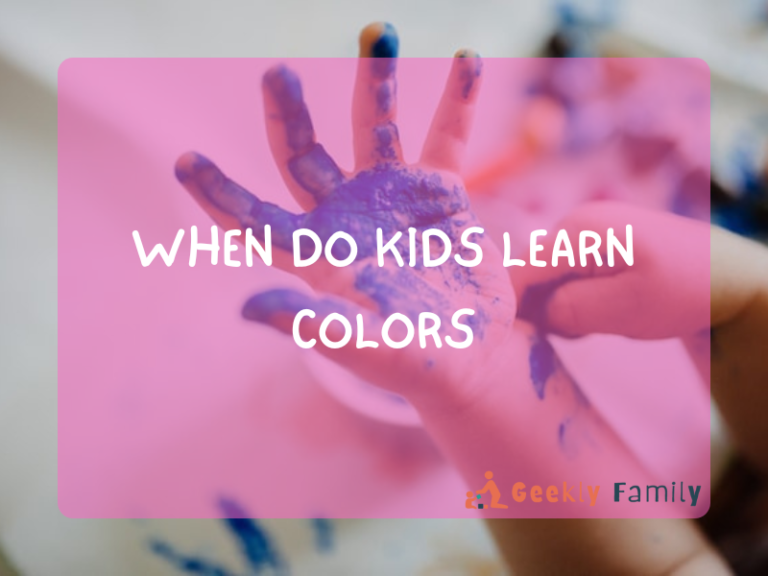How to Properly Handle Temper Tantrums in Kids: Advice From a Licensed Clinical Psychologist
Tantrums are a common occurrence in preschool children and one that particularly terrifies parents. The major reason for this is because we as parents tend to panic and are not aware of how to properly handle these temper tantrums.
To learn about the best way to cope with tantrums in kids, I interviewed Dr. Emily Garnotta who is a licensed clinical psychologist and a Certified Perinatal Mental Health Provider (PMH-C) in New York and South Carolina.
Continue reading to learn what she advises.
Table of Contents
1. What is the real reason behind temper tantrums in preschool aged kids?
Temper tantrums are a very common and normal behavior in toddlers, especially between the ages of one and three. They are expressions of anger displayed through behaviors like screaming, crying, and possibly even hitting or kicking.
For example, a toddler might want to play with a sharp object and get angry when you take it away. Children can vary in the number of tantrums they have. Some children are more prone to tantrums than others. Tantrums are also more likely to happen when a child is hungry, tired, or sick.
Temper tantrums happen because of a child’s inability to cope with and express their frustration. Toddlers don’t have the ability to fully communicate their thoughts and feelings, which can lead them to act out. Over time, children become better at managing their frustration and communicating their thoughts and feelings, which causes the number of tantrums to decrease.
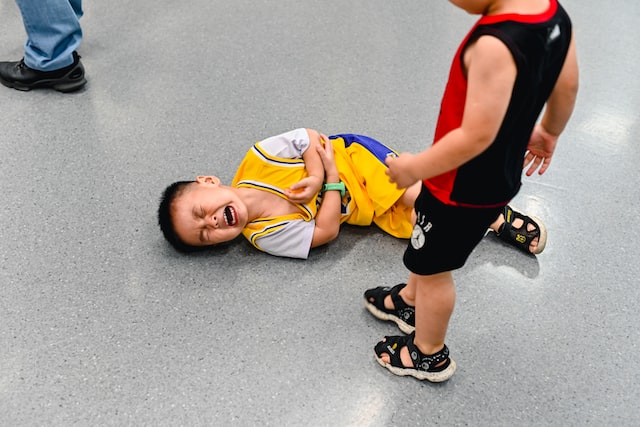
2. How should parents interpret their kids’ behavior to get the clues that will help with managing temper tantrums better in the future?
If your child is struggling with tantrums, try to think about some of the triggers for this behavior. Temper tantrums are very common when children are hungry or tired. In these cases, trying to plan ahead can help reduce the likelihood of a tantrum occurring. Of course they cannot be prevented 100% of the time, but you might be able to decrease the amount or intensity of them by taking this approach.
Also think about other times that your child is prone to tantrums. For example, do they happen more often before school drop off, when leaving the park, or when they are asked to share their favorite toy.
Times of transition, like going places or leaving, can be triggering for many children. These situations can’t necessarily be avoided, but if you notice patterns you could try to brainstorm some ways to make these events less stressful. Maybe you can let your child know ahead of time that you’ll be leaving the park soon so they can start to prepare. Giving warnings several times can be helpful in these cases.
3. How to help kids learn the best ways they can handle themselves during these situations?
There are several different ways that parents can help children learn how to cope with their emotions to reduce the amount and intensity of temper tantrums. It is helpful to label what your child is feeling, which helps to give them words for their experiences.
For example, “you’re feeling really angry that I took away that toy.” This doesn’t necessarily reduce your child’s distress at the moment, but it is teaching them how to understand and communicate what they are feeling.
Matching your child’s tone and level of emotion is also important. Instead of a meek “you’re really mad,” match the intensity of their anger with “You are really really mad!!”. Children are more likely to feel heard and understood when you’re speaking on the same level as them.
When your child is having a tantrum, there may be a desire to give in to stop the tantrum. However, this will backfire. If you took away a toy because your child wasn’t listening, hold your ground. You might say “You’re upset that I took away your toy, but you were hitting your brother. I need to hold onto it for five minutes until I know you will not hit him again.” Later on when your child is calm, you can have a conversation about why violence is unacceptable. Your child will be more likely to retain what you are saying when he or she is calm. This advice paves the way to raising smart children.
4. It can be very frustrating for parents during these tantrums. What can parents do or think when they occur?
It’s important for parents to know that it’s normal to feel frustrated and overwhelmed when your child is having a tantrum. Some parents share that they experience thoughts like “I’m a bad parent,” but these thoughts are irrational. It is understandable to feel distressed when your child is dysregulated.
Breathing is a simple and effective way to ground yourself when your child is having a tantrum. Practice deep breathing by counting your inhales and exhales and extending your exhales slightly longer. For example, you can take a four second inhale, hold briefly, and then take a six second exhale. This helps calm the nervous system.
Remembering that tantrums are developmentally normal and will not last forever is also helpful. The toddler years can be a very difficult season when you are parenting, but they are not a sign that you are failing. Talking to other parents who are also in the same stage with their children can also be helpful in realizing that you are not alone.

5. How to best handle tantrums so that NOT to cause long term emotional effects on the kids?
Responding to a tantrum with abuse, whether it’s verbal or physical, will lead to harmful emotional effects on children. That is why it is so important to manage your own emotional reactions. If you feel at risk for engaging in abusive behavior, remove yourself immediately. It is okay to say that you need your own time out and to go to a quiet room to take some deep breaths.
No parent will respond to tantrums effectively 100% of the time. We all make mistakes and a lot of it is trial and error. The key is to keep working on it, take care of yourself to help regulate your own emotional reactions, and to avoid abusive behavior. If you say or do something that you know was wrong, own up to it and apologize. Recognizing when you are out of line is modeling accountability to your child, which is an important life skill that they need to learn.
6. How to help kids with anxiety?
If your child is experiencing anxiety, you can help them tremendously by putting words to what they are feeling and teaching them ways to manage these feelings. Anxiety can present in many different ways in children. It can come up as irritability, worry, sleeping problems or physical symptoms like shortness of breath, aches and pains, or dizziness. Let children know that anxiety is a common feeling that everyone experiences from time to time and it will pass.
You can also teach children age-appropriate coping skills. Deep breathing and mindfulness exercises can be adapted for children. This can be done by explaining and practicing with them or exposing them to mindfulness videos or recordings. You can also talk to children about how these practices can help them and how they can be incorporated into their lives.
The 5-4-3-2-1 exercise is also helpful for children with anxiety. This exercise involves going through all five senses. To practice, you can identify five things you see, four things you hear, three things you feel, two things you smell, and one thing you taste. Help children practice this and encourage them to do it when they’re overwhelmed.
You can also help your child create a coping plan. Ask them what types of things have helped them to feel better in the past and write them down or draw pictures of them. For example, they may find that going for a walk, reading a book, or spending time with loved ones is helpful. Encourage them to keep this coping list and refer to it when they feel anxious.
About Dr. Emily
Dr. Emily Guarnotta is a licensed clinical psychologist and Certified Perinatal Mental Health Provider (PMH-C) in New York and South Carolina. She specializes in working with parents adjusting to parenthood, including those dealing with prenatal or postpartum mental health issues, infertility, and loss. She is the owner of The Mindful Mommy, an online therapy practice that offers individual and group therapy for parents who are struggling. She is also an expert contributor to various online publications focused on mental health.

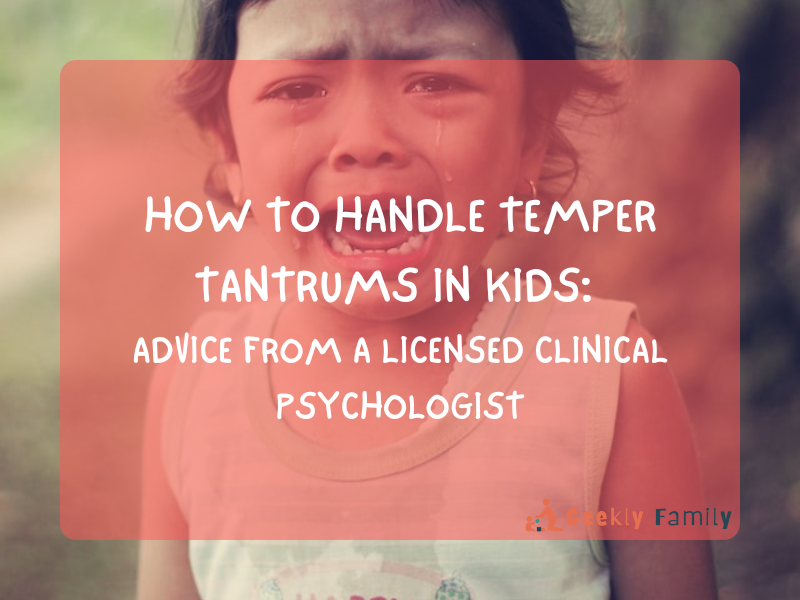
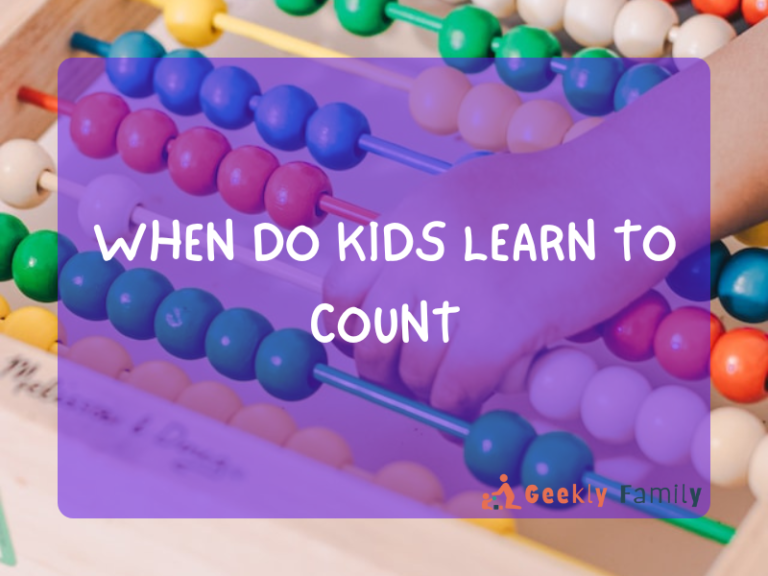


![What to Wear to a Kid’s Birthday Party? [Ideas and Things to Consider]](https://geekly.family/wp-content/uploads/2022/11/HOW-TO-CLEAN-BATH-TOYS-1-1-768x576.png)
